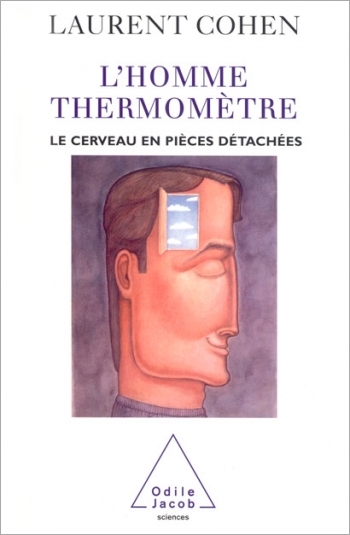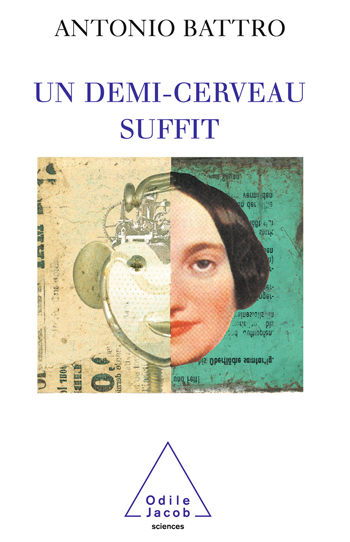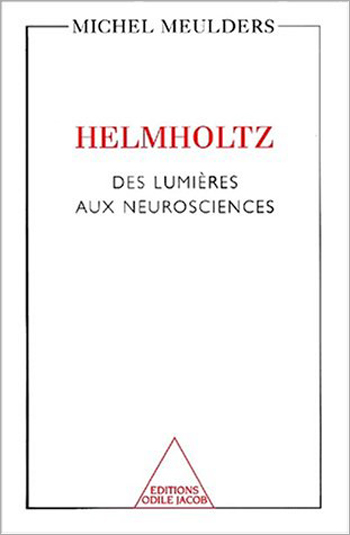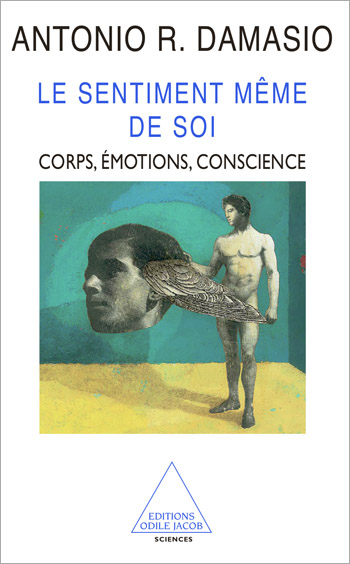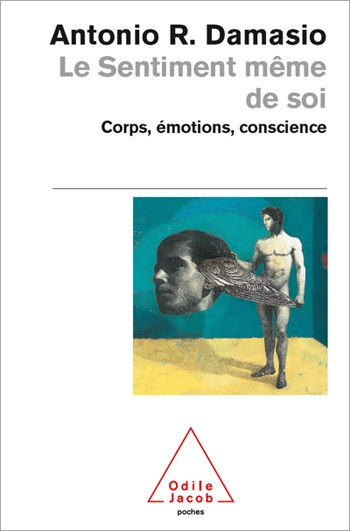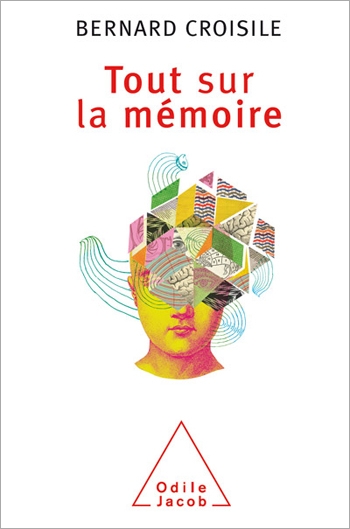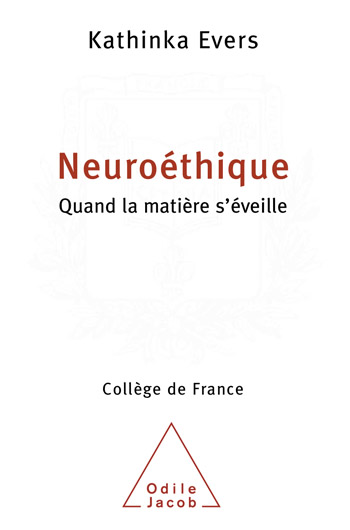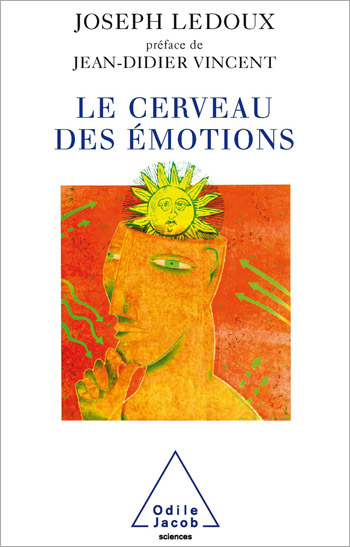Neuroscience All books
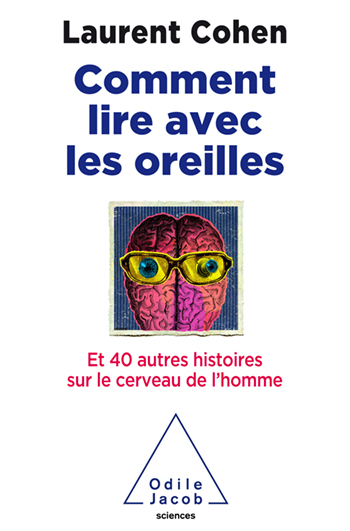
Laurent Cohen
How Do You Read With Your Ears? And 40 other stories about the human brain
The new book by one of our most brilliant neurologists gives us a concise and comprehensive overview of the latest advances in neuroscience. Forty short, strange, entertaining but always instructive stories about the functioning and dysfunctioning, ordinary or extraordinary, of our brain.
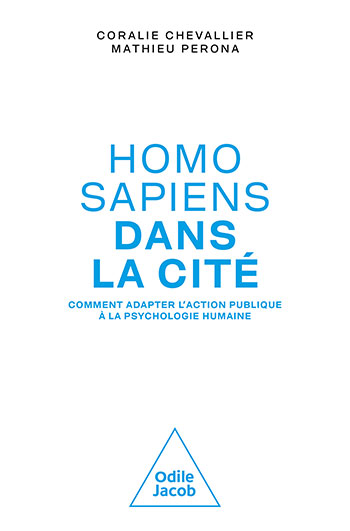
Coralie Chevallier, Mathieu Perona
Homo sapiens In the Public Arena How to Adapt Public Policies to Human Psychology
Finding solutions to the problems citizens are confronted with requires taking into account our complex cognitive functioning as Homo sapiens. An original an innovative book.

Yves Agid, Pierre Magistretti
The Glial Man A Break in Neuroscientific Thinking
A strong thesis with three-fold implications: a new way of understanding the functioning of the human brain; new bases to better diagnose neuro-psychiatric pathologies; new paths for research into treatments against these diseases.

Bernard Poulain, Etienne Hirsch
Frontiers in the Neurosciences
Along with Étienne Hirsch and Bernard Poulain, thirty prestigious contributors present an assessment of what the neurosciences will be in twenty years.
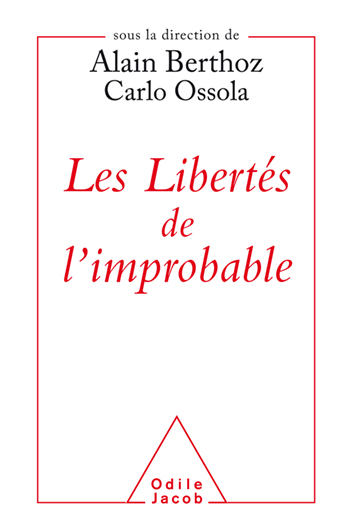
Alain Berthoz, Carlo Ossola
The Freedoms of the Improbable
A dozen high-level international researchers for a multidisciplinary approach to the improbable, a powerful factor of creativity in between the possible and the impossible.

Jean-Didier Vincent
The Flesh and the Devil
"If I did not exist, nothing would exist, because there would be nothing to which oppose oneself", writes Fernando Pessoa in the devil's name. Is this the invention of a poet? Nothing is less sure. The scientist confirms the notion that life is born from the confrontation between molecules. J.D. Vincent invites us here to explore with him all the aspects, the ramifications, from animal life to the human brain, which are nurtured by this principle of opposition. The devil is constantly at work in the heart of the living, and neurobiologist Jean-Didier Vincent demonstrates this evidence with humor in his book, a continuation of the spirit present in his Biology of Passions.

Antonio R. Damasio
Feeling & Knowing Making Minds Conscious
This book brings together the most recent discoveries in the cognitive sciences, neurobiology, psychology, and other fields, while adding the philosophical dimension dear to Antonio Damasio.
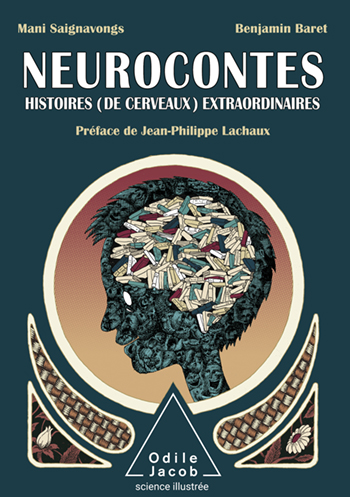
Mani Saignavongs, Benjamin Baret
Extraordinary Stories (about Brains)
A dozen short stories, which can be read individually, depending on the reader’s inclination, each one illuminating an episode in the life of our brain: how it remembers, how it is afraid, how it sees, how it recognizes, how it speaks…
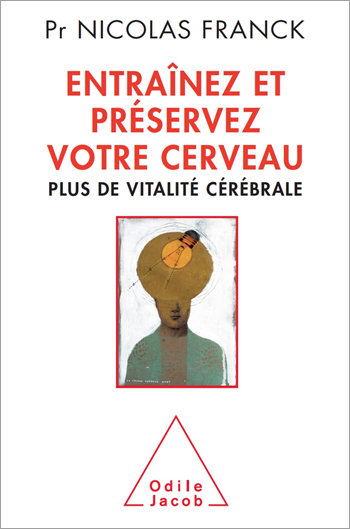
Nicolas Franck
Exercises to Maintain Your Brainpower
Practical exercises to maintain and enhance your mental capacities
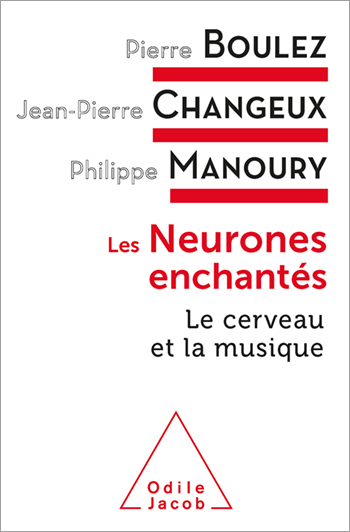
Pierre Boulez, Jean-Pierre Changeux, Philippe Manoury
The Enchanted Neurons The Brain and the Music
A unique event: two major intellectuals of our time discuss the links between the neurosciences and music

Alain Berthoz, Gérard Jorland
The Empathie
Empathy is the ability to put oneself in the position of others, and thus to understand and know them. Ever since Darwin, empathy has been regarded as the basis of all human social behaviour, and most notably of ethics. Some major psychological disorders - autism, for example - can be described as the inability to empathise. Certain types of perverse behaviour, such as the torture of defenceless victims, have been explained as distortions of empathy. This book offers an overview of studies on empathy for the past 250 years. It also describes the latest research on the subject in a variety of fields: cognitive psychology, philosophy, ethology and ethics. Alain Berthoz is a professor at the Collège de France and a member of the French Academy of Sciences. He is the author of Le Sens du mouvement and La Décison, both published by Editions Odile Jacob. Gérard Jorland is a director of studies at the Ecole des Hautes Etudes en Sciences Sociales and the author of Les Paradoxes du capital (Editions Odile Jacob) and La Science dans la philosophie.

Caroline Huron
Dyspraxia: Motor coordination disorder
How to help children with motor coordination difficulties face their daily tasks
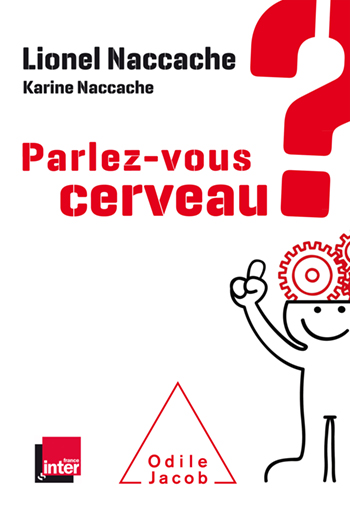
Lionel Naccache, Karine Naccache
Do you Speak “Brain”? The brain is part of our everyday lives
Instructive and entertaining, important facts about the brain by one of the great French neurologists. A proven format, since Lionel Naccache’s chronicles on the brain were the most popular podcasted shows last summer on French Inter radio.
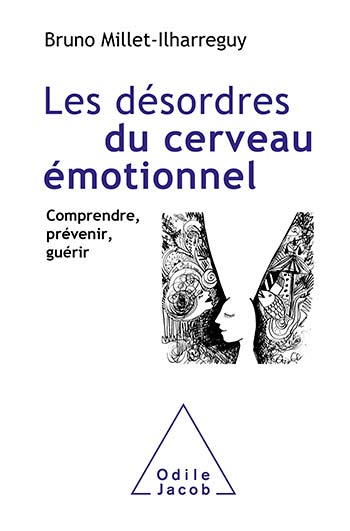
Bruno Millet-Ilharreguy
Disorders of the Emotional Brain Understanding, Preventing, Healing
Emotion at the heart of psychiatric disease and its treatment.

Antonio R. Damasio
Descartes' Error Emotion, Reason, and the Human Brain
Being rational is not denying oneself emotions. The brain which thinks, calculates, and makes decisions is not a different entity to the one which laughs, cries, loves, and experiences pleasure and annoyance. The heart has reasons that reason itself is far from being ignorant of. In opposition to the old Cartesian dualism and to all those who wish to reduce the functioning of the human mind to detached calculations worthy of a supercomputer stands the results of the latest neurological research : the absence of emotions and sentiments prevents us from being really rational. Antonio R. Damasio heads the department of neurology at the University of Iowa, in the United States, and teaches at the Institute of Biological Studies of La Jolla.
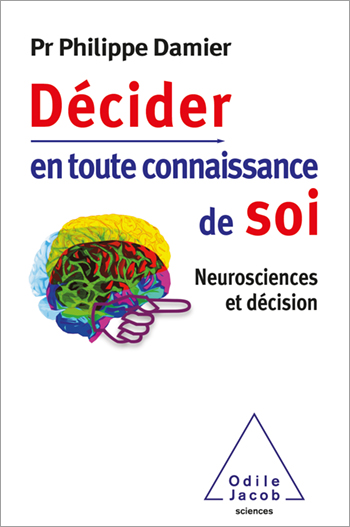
Philippe Damier
Decision Making Based on Self-Knowledge Neuroscience and Decision
Practical tips to avoid some of the common pitfalls of decision-makers. How to optimise the decision-making process.
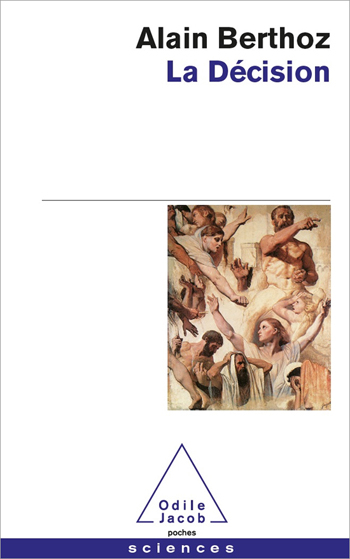
Alain Berthoz
The Decision
In this work, Alain Berthoz examines the psychology of decision-making, based on his conception of the human brain not as a calculator or compiler but as a simulator of action...


